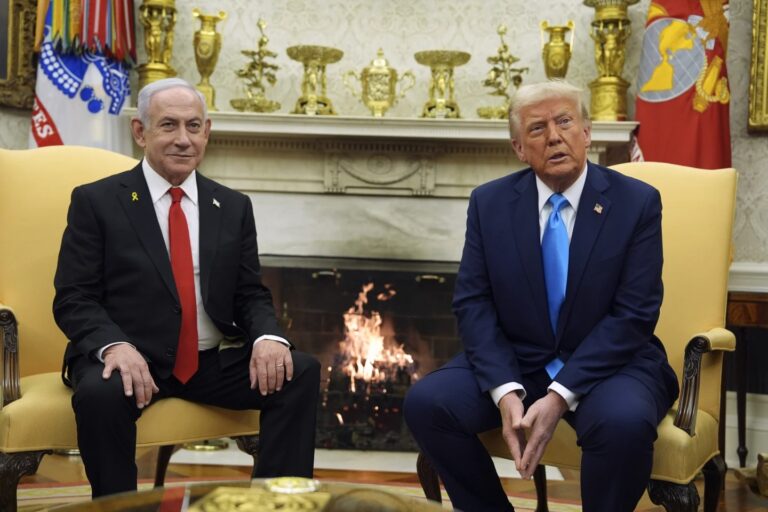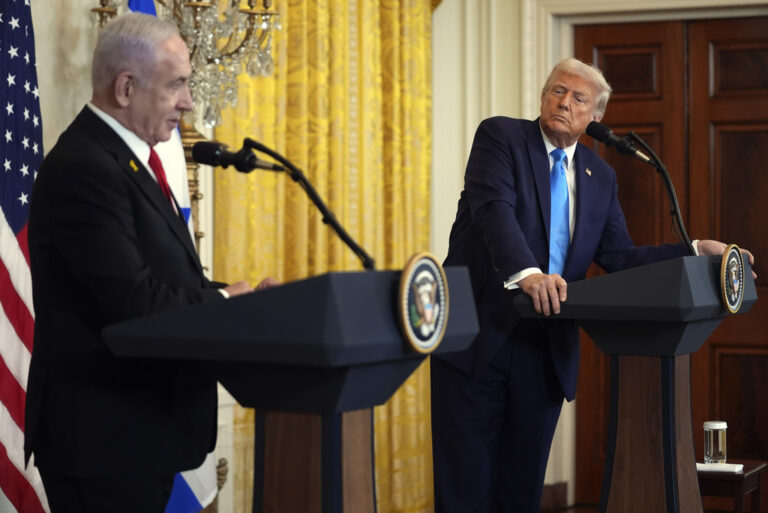 The cost of flying is headed higher now that Congress has agreed on a budget deal.
The cost of flying is headed higher now that Congress has agreed on a budget deal.
The proposed deal, expected to pass in the next several days, would more than double the $5 security fee on most round-trip tickets, to $11.20 per ticket. The higher fee begins on July 1.
The old fee was $2.50 each way for a nonstop flight, capped at $5 each way if a traveler has a connection. The new fee would be $5.60 each way whether or not there’s a connection.
The CEO of Delta Air Lines said travelers will be the ones who pay it.
“Airfares are going up for consumers. So that tax increase will not be absorbed by Delta,” Richard Anderson said at a Delta Air Lines Inc. presentation for investors in New York on Wednesday.
Airlines have long complained that sales taxes, security fees, and airport taxes drive up the cost of their tickets unfairly. The industry’s trade group, Airlines for America, says that on a trip with one stop, taxes can boost the price of what would have been a $238 ticket to $300. In that example, the taxes work out to 26 percent of the original fare. Taxes would be lower on nonstop trips, which make up about two-thirds of U.S. airline flying.
The fee is meant to offset some of the cost of the Transportation Security Administration. A report last year by the Government Accountability Office found that the fees currently cover about 29 percent of the cost of airline security. The higher fee is meant to get travelers to pay for more of those costs, although some of the new money is slated to be spent on non-security items.
Travelers will pay more to fly even though they’re not getting anything new for their money, said Charles Leocha, who runs the Consumer Travel Alliance, which tracks travel issues in Washington.
“The consumers just haven’t seen the benefit” of the fees they’re paying, he said.
The bipartisan budget deal that includes the higher security fee is expected to be passed by both houses of Congress in the next several days. President Barack Obama has endorsed it.
Even without the deal, it appears that fares are headed higher. On Tuesday, Delta raised fares by $4 to $10 on a round-trip domestic ticket. As of Wednesday afternoon, American and United had matched the increase, although Southwest hadn’t, said Rick Seaney of FareCompare.com.
Ten other attempted fare increases this year have failed, “due in large part to the price sensitivity of travelers in the current economy,” he wrote in an email. “This new fee, while being absorbed directly by passengers, is going to cause carriers heartburn in ticket sales.”
(AP)











5 Responses
With their luggage fee already on the first baggage, additional fee for changing a booked flight by a travel agent rather than online as well as other fees, is Delta the most greedy airline?
#1 Greedy is one who doesnt give charity, this my friend is capitalism, if you feel you are being charged to much for the provided services you are getting shop elsewhere. Im a business owner and i always try to get the most money out of my customers i can without loosing them its a balance every business owner has to deal with
Commenter No. 1: Historically, the airline industry operates at a loss. The number of failed airlines (Eastern, Peoples Express, Pan Am, TWA, to name a few) is is huge. So the answer to your question is, Yes, Delta is greedy – that’s why they are still in business.
1,
They arent greedy. They are trying to make money. Flying costs money.
The reason airlines charge for bags is, aside due the skyrocketing fuel charges, the govt collects a tax of 10% of the base fare of your ticket – BEFORE the taxes/surcharges are added.
If those extra 25$ etc are kept off the ticket price, you pay less in taxes ($2.50 for arguments sake) and the airline doesn’t have to collect it etc.
There’s no reason for anyone sane to think the airline will absorb this extra tax. Liberals are delusional in their thinking that businesses don’t pass on expenses and taxes to the end user.